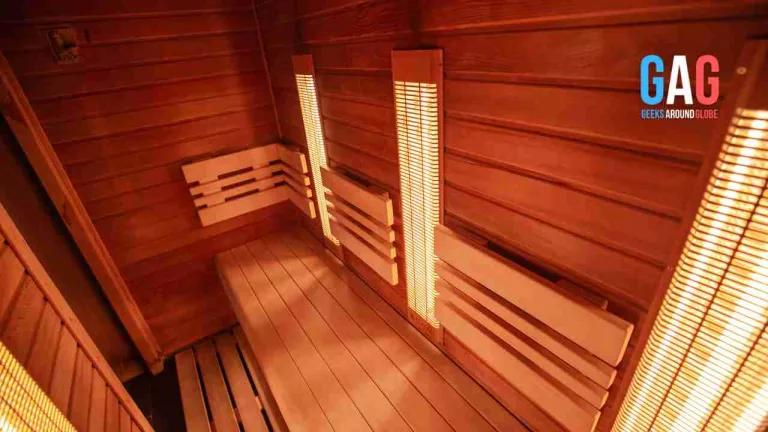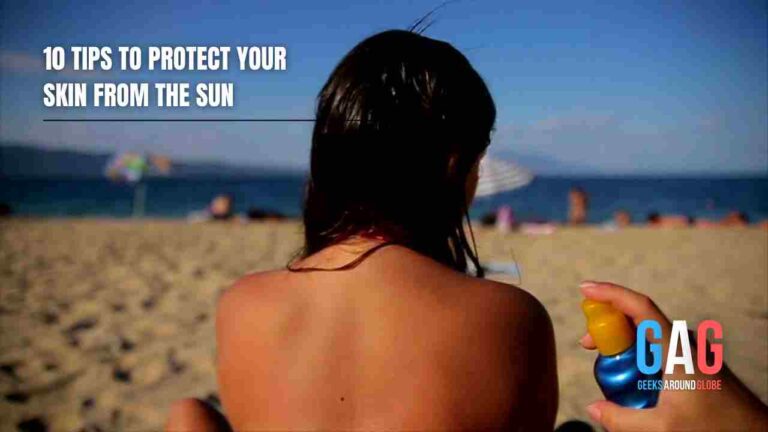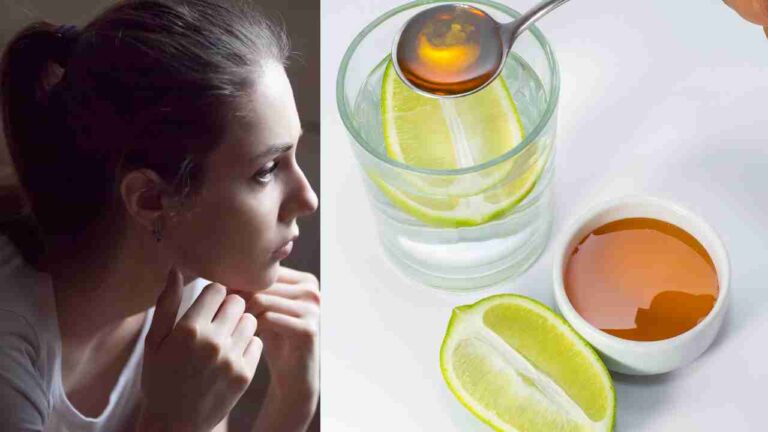Some lucky people are blessed with clear, unblemished skin. The rest probably have acne. In fact, this funny quote from some anonymous source hits the nail on the head. It reflects the way people feel when they can’t get rid of their pimples:
“Dear Pimple, if you are going to live on my face, I’m going to need to see some rent.”
Many people suffer from acne, but knowing how to deal with it can vary from one person to another. That’s because everyone has a different lifestyle, unique skin type, and genetic history. And precisely because of these reasons, there is no one-size-fits-all advice for acne.
You might be tempted to try out many remedies in close succession, but that’s not really advisable. You may end up making your skin spottier than before in the quest to get a clear complexion faster. Try these treatments if your skin is prone to acne. They are not groundbreaking magical solutions, but simple, time-tested ways of managing acne.
1. Birth Control Measures
Many women get acne during their period and even in the early trimesters of pregnancy. In these cases, the flare-ups are often caused by an increase in the release of androgens. These are a type of hormone that can cause an increase in the production of sebum in the skin glands. Sebum is an oily, waxy substance that can clog skin pores and cause acne breakouts.
Birth control can help curb hormonal acne caused by excess androgen in your body — whether you’re pregnant or not. Order online birth control solutions conveniently and avoid such situations. Ordering online means that your birth control will be delivered in discreet packaging and often with free shipping.
2. Wash Your Face Regularly
This is standard advice offered by skincare specialists but not always followed by many. Sweat, sebum, sunscreen, makeup, and pollutants may affect your facial skin over the course of the day. You must allow the pores to breathe freely by removing these harmful buildups.
Cleansing your skin twice a day can prevent clogging and ensure pimple-free facial skin. When you do it consistently, you can also prevent future breakouts. Too tired for a proper face wash after a tiring day? Face wipes can do the job fairly well. Even if you get home late and don’t feel like going to the sink, you can still sleep with clean skin.
3. Use the Right Face Cleanser
Don’t pick up the first cleanser within your reach. A generic face wash will not do your complexion any good. As mentioned, your skin’s needs are unique, and that’s why you must choose the cleanser also carefully.
A cleanser with salicylic acid or glycolic acid works the best for oily skin. Select a cream-based cleanser that won’t allow your skin to lose moisture for dry skin.
4. Go Easy on Exfoliation
Mild scrubbing of the facial skin is good, as it helps improve circulation and removes dead skin. However, it’s not good if you do it daily and with overly grainy cleaners.
Excessive and rough exfoliation may cause inflammation and skin irritation. It may also remove healthy skin cells and enhance the risk of skin scarring. Exfoliation must be done with caution and not more than twice a week.
5. Change Face-Wiping Towel Regularly
You may not think twice about reaching for your face towel several times a day, but that’s a habit you need to change. Face towels can get dirty fast and can become a breeding ground for harmful bacteria, resulting in more pimples.
You don’t have to fetch a fresh towel for every face wash, but do replace it often. You should also wash and dry your towels regularly. Doing so will help you take care of your acne problem.
6. Use Moisturizer (No, It Doesn’t Encourage Breakouts)
If you believe that using moisturizers regularly can make your acne breakouts worse, think again. Moisturizers can improve the quality of your skin and keep acne away, and hydrating the skin surface is a good move. It can improve skin conditions and encourage healing.
Just make sure you buy a lightweight moisturizer that won’t clog your pores and harm the skin. A pH-balanced moisturizer can be combined with topical acne treatments for best results.
7. Take a Closer Look at Your Diet
Did you know that foods that cause a spike in insulin can cause a flare-up of acne? That’s why it’s important to steer away from foods that are high in sugar and carbohydrates and ensure your diet has a fair dose of fresh greens and fruits rich in antioxidants. They are known to dampen inflammation and improve skin quality.
If your diet has dairy products, limit their use. They contain hormones that can worsen your acne situation. Don’t forget to add eggs, nuts, and legumes, as they have skin-boosting properties.
8. Drink Plenty of Water
Water is not only for quenching thirst. You may remember your water bottle only when your throat is parched, but that should not be the case. Drinking the recommended eight glasses a day will improve your skin’s elasticity and overall condition.
Water should be your go-to drink over any caffeinated sodas or coffee. Because caffeine has a diuretic effect, those won’t help you stay hydrated.
Conclusion
Acne management is a slightly complex process but doable. Follow the tips suggested above, and make them part of your daily/weekly skincare regimen. See a dermatologist if your acne persists even after you have tried everything.







